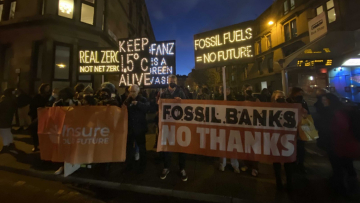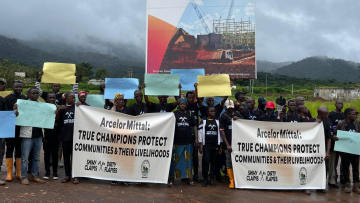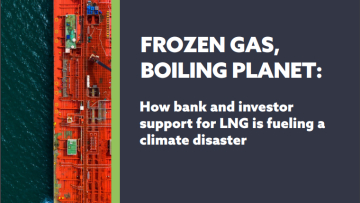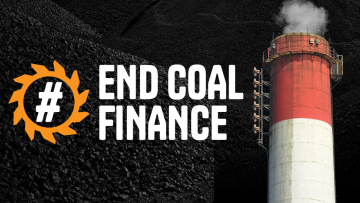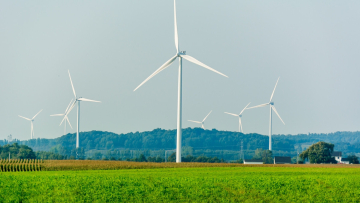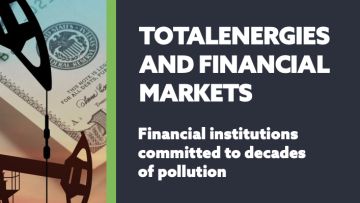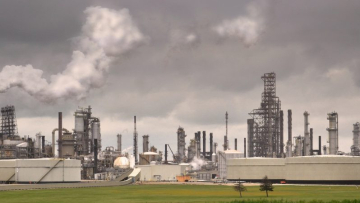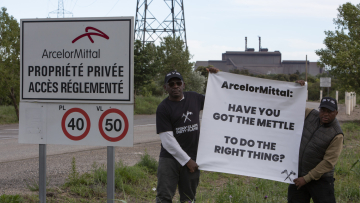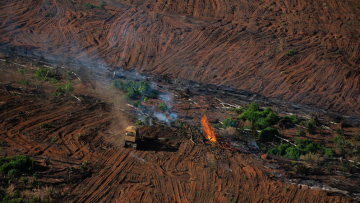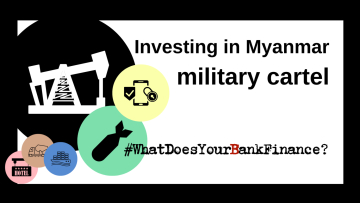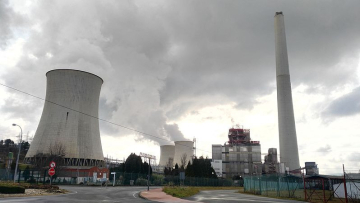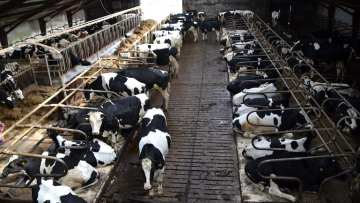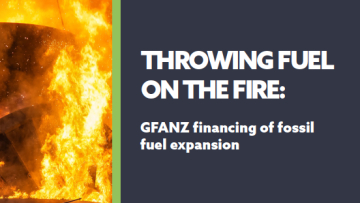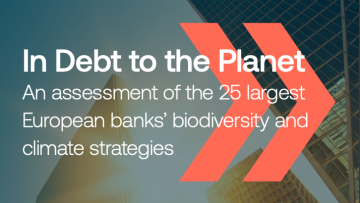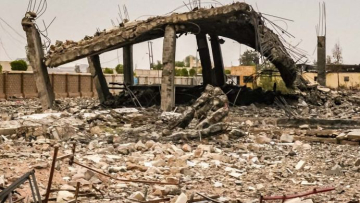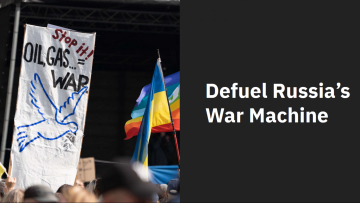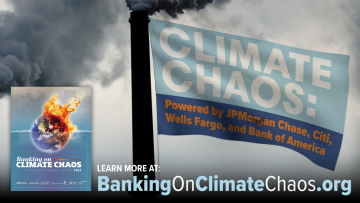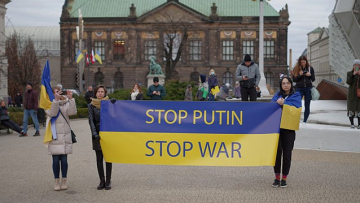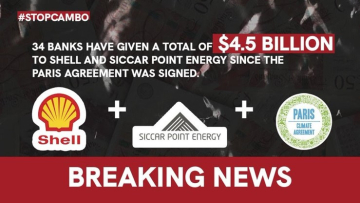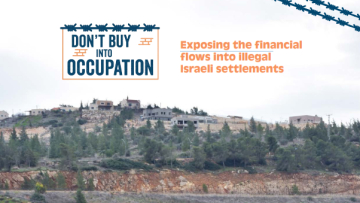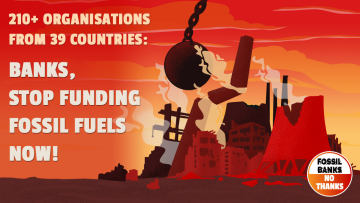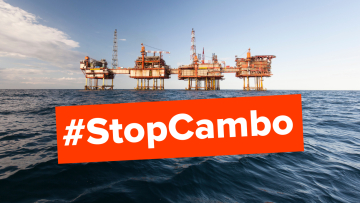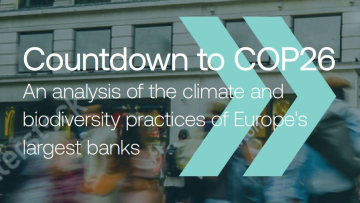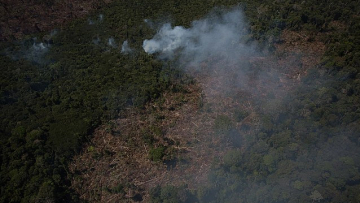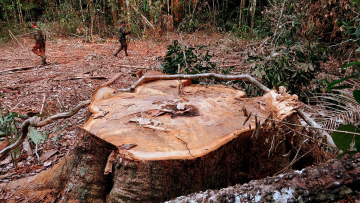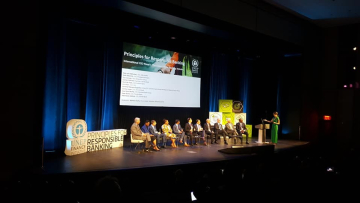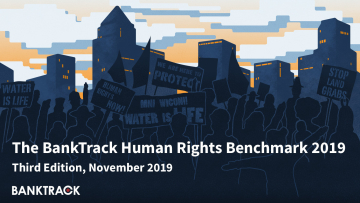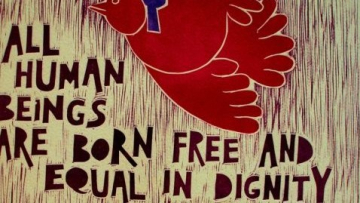
Active
This profile is actively maintained
Active
This profile is actively maintained| Website | http://www.bpce.fr/ |
| Headquarters |
50, avenue Pierre Mendès France
75201 Paris
France
|
| CEO/chair |
Nicolas Namias CEO |
| Supervisor | |
| Ownership |
BPCE has 9 million cooperative shareholders. |
| Subsidiaries |
Groupe BPCE is France's second largest banking group, formed by the 2009 merger of CNCE (Caisse Nationale des Caisses d'Epargne) and BFBP (Banque Fédérale des Banques Populaires). Through its subsidiaries (including Natixis), it provides banking, financial, and real estate financing services to individuals, professionals, small and medium enterprises, large enterprises and institutions in France and internationally. Groupe BPCE is a cooperative banking institution. BPCE is the central body of the cooperative banking group formed by the networks of the Banque Populaire banks and Caisses d'Epargne along with the other affiliated credit institutions, including Natixis.
BPCE's most important sustainability commitments can be found at the website sections listed below.
BPCE is linked to a number of companies and projects that BankTrack considers controversial (so called Dodgy Deals), e.g. as a current or past financier or through an expression of interest. The profiles below provide more details on the nature of BPCE's link to these deals.
BPCE does not operate a complaints channel for individuals and communities that may be adversely affected by its finance.
Stakeholders may raise complaints via the OECD National Contact Points (see OECD Watch guidance).
BPCE is an Equator Principles signatory. While the Equator Principles have no official grievance mechanism, complaints relating to this bank's financing of Equator Principles projects can be filed through our own website www.equator-complaints.org.
This page evaluates BPCE's responses to instances of alleged human rights violations linked to its finance, raised by civil society organisations. It is not intended to be exhaustive, but covers selected impacts raised by BankTrack and other civil society partners since 2016. For the full scoring methodology, see here. For more information about BankTrack's evaluation of bank responses to human rights impacts, see the 2021 report "Actions speak louder: assessing bank responses to human rights violations".
Banks and Climate
The 2025 Banking on Climate Chaos report showed that Groupe BPCE provided $37.5 bn in financing to the fossil fuel industry between 2021 and 2024. In 2024 only, Groupe BPCE provided $11.0 bn, including $4.2 bn for oil, gas and coal companies expanding fossil fuels. Find further details on Groupe BPCE's fossil fuel portfolio and how it compares to other large banks globally on the Banking on Climate Chaos website below.
Partner organisation Reclaim Finance tracks the coal, oil and gas policies of financial institutions, including banks, in their Coal Policy Tool (CPT) and the Oil and Gas Policy Tracker (OGPT). BankTrack works closely with Reclaim Finance and endorses their policy assessments. Find further details on their assessment of BPCE’s fossil fuel policy below.
False Solutions Tracker expansion
The purpose of the False Solutions Tracker is to give a clear overview of energy technologies that fall under banks' individual sustainable finance commitments. The tracker lists 11 energy technologies that are usually associated with the energy transition and the decarbonisation of the economy. These technologies are defined here and classified in three categories:
-
Real solutions: Technologies that deliver on a Just Transition towards Energy Democracy. BankTrack considers these technologies as real solutions only if and when they do deliver Energy Democracy.
-
Solutions under strict conditions: Energy technologies that could be real solutions if they deliver on a Just Transition towards Energy Democracy but that could also be false solutions. This is the case of hydrogen and hydropower. On one hand, fossil-free and green hydrogen could be a real solution under certain conditions. However, fossil-based hydrogen and nuclear hydrogen are always false solutions. On the other hand, hydropower lifespan extension could also be a real solution under strict conditions while hydropower expansion is a false solution.
-
False solutions: Energy technologies that are not aligned with a just transition towards Energy Democracy, such as solid biomass, biofuels and carbon capture, utilisation and storage (CCUS).
For each one of the 11 energy technologies, the tracker indicates if it is included in bank's individual sustainable finance commitments:
For Real solutions:
- : Yes, the bank includes its finance towards this energy technology in its sustainable finance reporting.
- : Yes, the bank includes its finance towards this energy technology in its sustainable finance reporting, but under certain conditions. In this case, those conditions are mentioned in the "relevant policy document" section for each bank.
- : No, the bank does not include its finance towards this energy technology in its sustainable finance reporting.
- : It is unclear whether the bank includes or not its finance towards this energy technology in its sustainable finance reporting.
For solutions under strict conditions and for false solutions:
- : Yes, the bank includes its finance towards this energy technology in its sustainable finance reporting.
- : Yes, the bank includes its finance towards this energy technology in its sustainable finance reporting, but under certain conditions. In this case, those conditions are mentioned in the "relevant policy document" section for each bank.
- : No, the bank does not include its finance towards this energy technology in its sustainable finance reporting.
- : It is unclear whether the bank includes or not its finance towards this energy technology in its sustainable finance reporting.
Banks and Human Rights
BankTrack assessed BPCE Group in its 2024 Global Human Rights Benchmark, where it achieved 2.5 points out of 15 and was ranked as a “laggard”.
The bank scored 0.5 out of 3 points on the new “specific rights indicators”, which assess how banks address human rights defenders, Indigenous Peoples’ right to Free, Prior and Informed Consent and environmental rights in their policies and practices.
In addition, BPCE Group scored 0.17 out of 3 on how it responds to alleged human rights violations linked to its finance, which were raised by civil society organisations. More information is detailed in the “Accountability” section of this profile.
The table below shows BankTrack's assessment of how BPCE Group has implemented the UN Guiding Principles on Business and Human Rights. Please click on 'expand all details' and 'explanation' for further information on the methodology.
Our policy assessments are always a work in progress. We very much welcome any feedback, especially from banks included in the assessments. Please get in touch at humanrights@banktrack.org.
Global Human Rights Benchmark 2022
Global Human Rights Benchmark 2024
Banks and Nature
BPCE's policies for forest-risk sectors (beef, soy, palm oil, pulp and paper, rubber and timber) have been assessed by the Forests & Finance coalition, achieving an overall score of 0.2 out of 10 and ranking it as a laggard. BPCE achieved a score of 0.2 out of 10 specifically for its policies related to the beef sector and 0.2 out of 10 for its policies related to the palm oil sector. Between 2016 and 2022, BPCE provided USD 1,390 million in credit to companies operating in these forest-risk sectors and held investments amounting to USD 55 million as of 2022. For more information, see the links below.
Forest & Finance Policy Assessment 2022: Overall scores
A bank can obtain a total of 10 points for the quality of its policies. The total score is based on their scores per sector, weighted against their financing and investment for each sector. For further details on this see here. Based on their overall score, banks are then classified as Laggards, Followers, Front runners or Leaders, as follows:
Forest & Finance Policy Assessment 2022: Beef
A bank can obtain a total of 10 points for the quality of its beef policy. The total score is based on their scores per sector, weighted against their financing and investment for each sector. For further details on this see here. Based on their overall score, banks are then classified as Laggards, Followers, Front runners or Leaders, as follows:
Forest & Finance Policy Assessment 2022: Palm Oil
A bank can obtain a total of 10 points for the quality of its palm oil policy. The total score is based on their scores per sector, weighted against their financing and investment for each sector. For further details on this see here. Based on their overall score, banks are then classified as Laggards, Followers, Front runners or Leaders, as follows:
Tracking the Net Zero Banking Alliance
BPPCE is a member of the Net Zero Banking Alliance (NZBA) and has therefore committed to reduce its financed emissions to net zero by 2050; within 18 months of joining the alliance set interim targets for 2030 (or sooner) for high emission priority sectors, and within 36 months set further sector targets; set new intermediary targets every 5 years from 2030 onwards; annually publish data on emissions and progress against a transition strategy including climate-related sectoral policies; and take a robust approach to the role of offsets in transition plans. BankTrack track's implementation of these commitments in the NZBA compliance tracker.
Banks and Steel
Partner organisation Reclaim Finance’s 2023 report on metallurgical coal financing showed that Groupe BPCE provided US$ 1.5 billion in loans and underwriting to developers of new metallurgical coal between 2016 and 2022. Find further details on Groupe BPCE’s metallurgical coal financing and and how it compares to other large banks globally in the report.
Reclaim Finance tracks the metallurgical coal policies of financial institutions, including banks, in their Coal Policy Tool. BankTrack works closely with Reclaim Finance and endorses their policy assessments. Find further details on their assessment of Groupe BPCE’s metallurgical coal policy below.
Banks and Russian Aggression in Ukraine
BankTrack is keeping track of the public response of BPCE Group (Natixis) to Russia's illegal invasion of Ukraine. BPCE Group (Natixis)'s public position on the war is unclear. BPCE Group (Natixis) is considered by Leave-Russia.org to be "scaling back" with its operations in Russia. We consider its exposure to Russia as limited. BPCE Group (Natixis) supports the Russian fossil fuel industry through investments, loans, and underwriting. For further details, see the table linked below.








